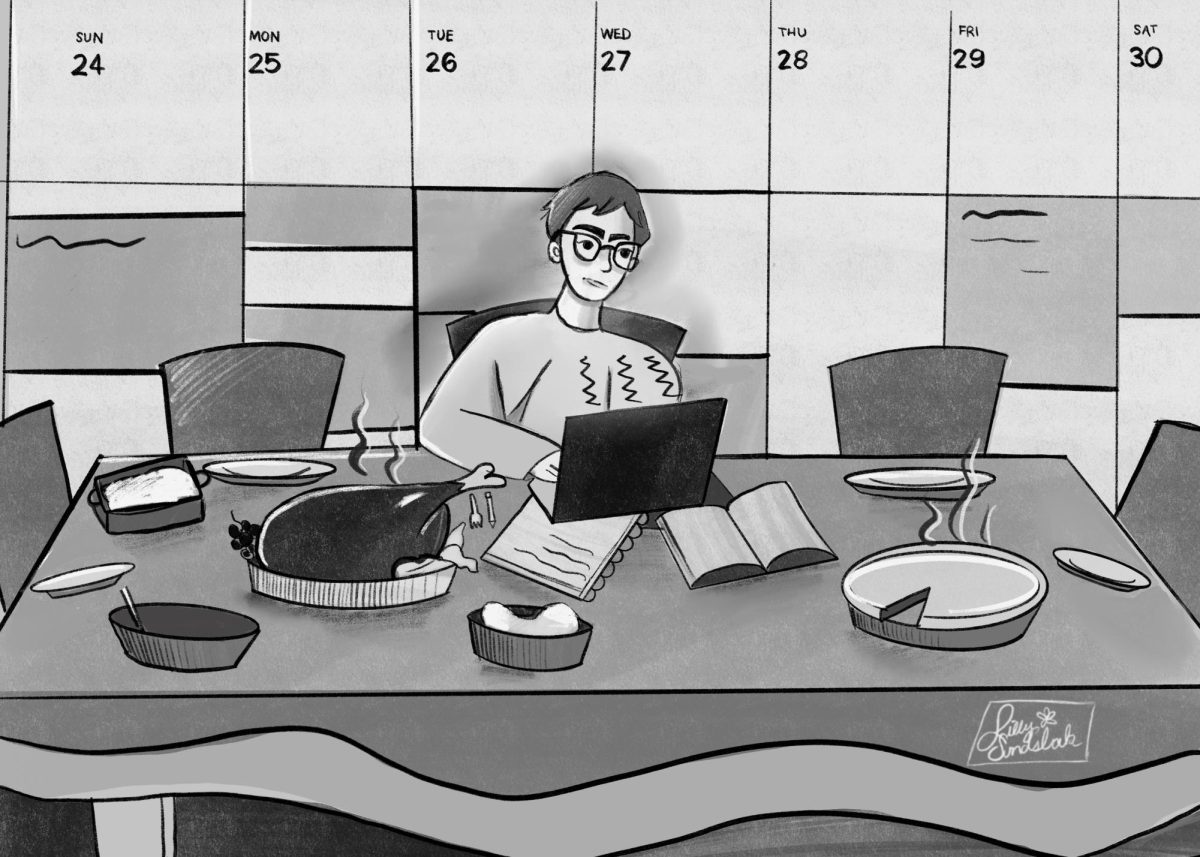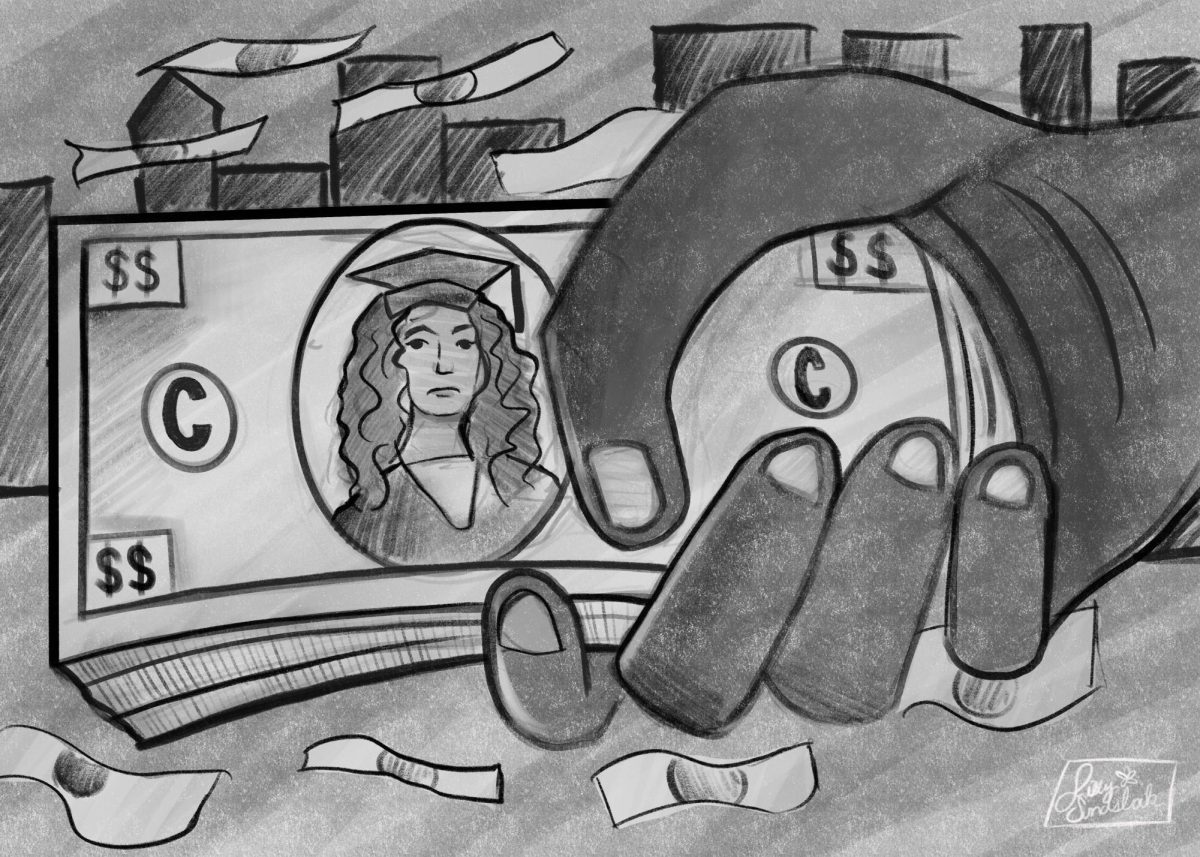The task of striking a balance between work and school is already daunting, but now Columbia is considering a smaller core in order to close the $38 million financial deficit. This is going to make it even more challenging for students like myself who have to work to pay for the cost of school.
The college has said that by reducing the number of required core credits, students will, in theory, be able to take more major classes. However, in my journalism major, the available options are becoming increasingly limited. Most classes necessary for graduation frequently have just one available section, which can lead to scheduling difficulties for myself and my peers. This is an issue for a lot of majors and a common complaint of many students. Columbia needs to be realistic about that when it talks about the “optimistic” path forward, as President and CEO Kwang-Wu Kim has called the process the college is in.
I often find myself in the position of having to ask for understanding at the beginning of each semester from my professors to leave early or make up assignments when I cannot adjust my work schedule. My employer can’t always accommodate my class schedule, which leaves me racing to work.
Columbia has raised tuition 15% since I started, and I need to work to afford school.
While prioritizing school might seem like the obvious choice, not everyone has the luxury of focusing solely on education. If I neglect my work responsibilities, I risk not being able to cover my essential expenses.
On most days, my schedule follows a routine of waking up, eating, attending classes and then heading straight to work. By the time I finish work around 10 p.m., I’m utterly exhausted. I return home, have a meal and then go straight to bed, only to wake up and repeat the entire process.
Having more flexibility with classes would put less stress on my educational journey. I wouldn’t constantly find myself rushing out of class and heading straight to work. If Columbia offered more class sections accommodating schedules, I’m certain students would experience a sense of relief and appreciate the increased flexibility.
Being in a constant state of rush or “hurry sickness,” increases your body’s output of the hormone cortisol, which can lead to long-term health problems. People with “hurry sickness” start to ignore things like hydration, balanced meals or sleep.
A study in 2003 found evidence to suggest certain traits such as time urgency and impatience led to an increase in high blood pressure.
I’ve experienced firsthand how hard it can be to be on your grades and GPA while working. Before getting a job, maintaining my GPA seemed relatively easy. However, now that I’m working I find myself having to put in twice the effort to keep up. Fortunately, my hard work has paid off thus far. Columbia recently started to allow students to take up to 18 credits each semester, but that’s not something I can do. It’s another example of how the college seems to be making decisions that benefit the most financially stable students. Even five classes, at three credits each, is challenging for me because I risk the possibility of failing.
According to a University of Pennsylvania study, those who work receive lower marks and spend more time in college. I find this to be partly true, particularly in terms of spending additional time in college.
If Columbia is going to reduce sections and offer few options as it tries to address its financial challenges, it needs to offer more courses in the summer and be flexible about what can count toward a major.
Initially, I aimed to graduate in May 2024. But because Columbia doesn’t offer enough classes during the summer, I’ve had to postpone my graduation until December 2024.
I’m climbing a mountain, and I can’t seem to reach the top.
Catherine Pineda is a senior journalism major from Berwyn, Illinois.
Submit an op-ed of no more than 850 words here or email editorialboard@columbiachronicle.com

















